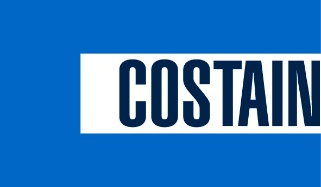Rolling stock market pauses in Germany
Posted: 2 March 2005 | | No comments yet
As the flotation of DB is debated, spending has been cut back at Germany’s state rail operator. Germany, the biggest market for rolling stock manufacturers in Europe, is drawing a breath. After massive investment in the past 15 years in the high speed network and big spending on the train fleet in the former East Germany to bring it up to the standards in the west, procurement is being scaled back.
As the flotation of DB is debated, spending has been cut back at Germany’s state rail operator. Germany, the biggest market for rolling stock manufacturers in Europe, is drawing a breath. After massive investment in the past 15 years in the high speed network and big spending on the train fleet in the former East Germany to bring it up to the standards in the west, procurement is being scaled back.
As the flotation of DB is debated, spending has been cut back at Germany’s state rail operator. Germany, the biggest market for rolling stock manufacturers in Europe, is drawing a breath. After massive investment in the past 15 years in the high speed network and big spending on the train fleet in the former East Germany to bring it up to the standards in the west, procurement is being scaled back.
Like all state-owned enterprises, DB (German Rail) is having to play its part in Germany’s efforts to keep within the spending restrictions imposed by the European Economic & Monetary Union. In addition, efforts are being made by DB to improve its balance sheet with a view to possible stock market flotation in a couple of years’ time.
All this has meant spending cutbacks at the biggest customer for new trains in Europe.
It is largely because of the scaled down purchase forecasts at DB that Bombardier, the world’s biggest railway equipment manufacturer and one of the principal suppliers to DB, has revised downwards its projections for the rolling stock market. In an interview with Global Railway Review at the Innotrans show in Berlin in September 2004, André Navarrí, Bombardier’s President, said that the company’s forecast of a 3-5 per cent annual growth in the global railway equipment market over the next five years had been altered to a 0-2 per cent growth projection – with the DB cutbacks a major factor in this.
Diesel locomotives soldier on
Caught by the changing circumstances is a big order DB had planned for new diesel locomotives to replace the ageing freight-hauling fleet of its Railion subsidiary: a tender for several hundred new locomotives has been indefinitely postponed. Shunting locomotives are being re-engined and modernised but larger diesel locomotives are mainly to a 30-year-old Soviet design.
DB’s electric locomotive stud was renewed in the 1990s spending spree. The German locomotive factories of Bombardier and Siemens are working off the tail end of this order boom now.
One bright spot for locomotives is the private operator and leasing/hire pool. With the German rail freight market one of the most open in Europe for private sector operators, this sector is growing fast. Angel Trains Cargo, a subsidiary of the Royal Bank of Scotland leasing company Angel Trains, is a major player in this market. Lessees of Angel Trains Cargo include major state railways such as SNCF, SBB or CFL; publicly-owned regional railways such as Hafen und Güterverkehr Köln, shipper-owned industrial railways such as rail4chem and private rail freight operators such as Connex Cargo Logistic. Angel Trains Cargo buys its diesel locomotives from Vossloh (the company that bought the former Siemens locomotive factory at Kiel) and its electrics from Bombardier (Table 2).
The American company EMD has also sold its Class 66 design to the German private sector freight operators. British leasing companies have been prominent in the Class 66 market. HSBC has leased five Class 66s to Hafen und Güterverkehr Köln and Porterbrook was a big player in German Class 66s until it sold its continental European leasing business last year to CB Rail. This new company is owned by Babcock & Brown and the Bank of Scotland and has lease contracts for 28 diesel and electric locomotives (Table 3) and 67 passenger coaches.
The manufacturer Siemens has also entered this market, setting up its own ‘Dispolok’ locomotive pool. Operators can hire in locos from this pool as required.
Passenger sector quiet
Large orders were placed for rolling stock in Germany in the 1990s to equip the growing high speed network, to modernise S-Bahns in the west and to renew the urban fleet in Berlin and elsewhere in the former East Germany. The Berlin S-Bahn now has all new trains.
While this building spree has lowered the average age of trains in Germany, other factors point towards lower order rates in coming years. Competition from low-cost airlines is beginning to bite: DB Fernverkehr (long distance passenger) has lost traffic recently and has had to postpone a large order for new coaches. While work is proceeding on the completion of the Nuremburg-Ingolstadt high speed route in order to have it ready for the football world cup which Germany is hosting in 2006, construction of high speed lines is past its peak and this is reflected in orders for ICE sets.
As efforts are made to combat traffic congestion around Germany’s big cities, the outlook for suburban stock is brighter. Expansion of S-Bahn systems could prompt more orders for Class 423 and 425 EMUs.
The Länder (regions) are able to put operation of their local railways out to tender, which has meant private sector operators have come into the market. The share of the market held by the private sector is small, at under 10 per cent, but the tendering process has prompted fresh interest in these lines and resulted in a number of orders for new trains. The British leasing companies have been involved in this market, with the Angel Trains Europa subsidiary of Angel Trains the biggest player (Table 5).
All the major manufacturers have developed new designs of lightweight diesel trains to appeal to this sector. While large numbers of local trains have been renewed, the process has some way to go. Recently, DB Regio has called tenders for 30-60 diesel multiple-units for Bayern and Brandenburg, for delivery in the first eight months of 2007.
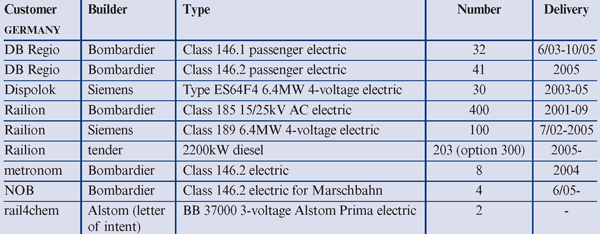

Table 1: Locomotives on order in Germany
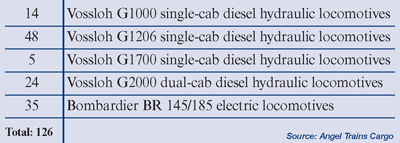

Table 2: Angel Trains cargo fleet, September 2004


Table 3: CD Rail locomotive fleet
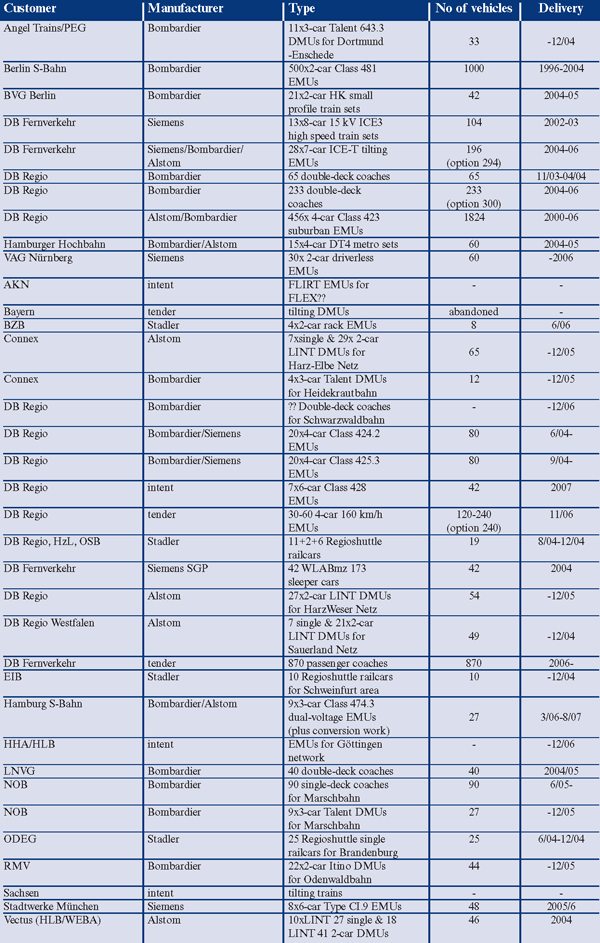

Table 4: Passenger stock on order in Germany
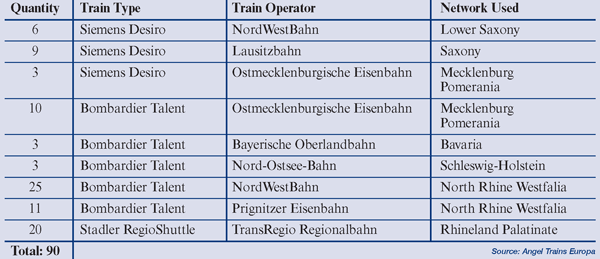

Table 5: Angel Trains Europa's German passenger fleet, September 2004





